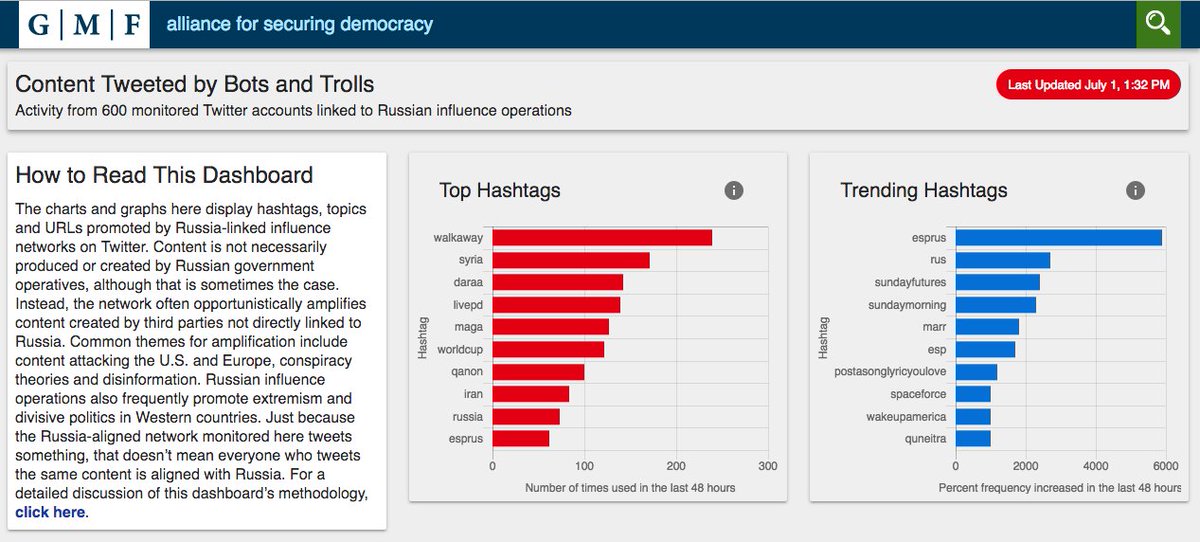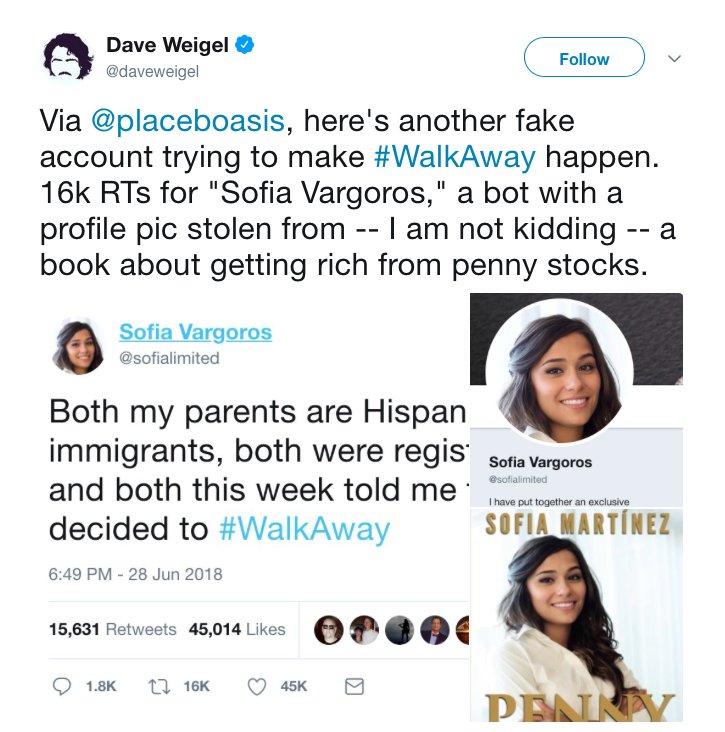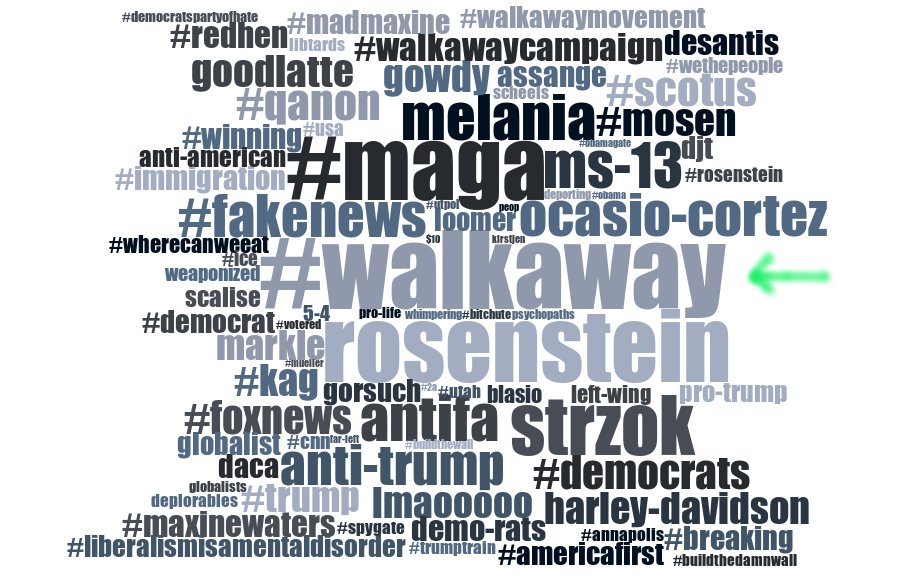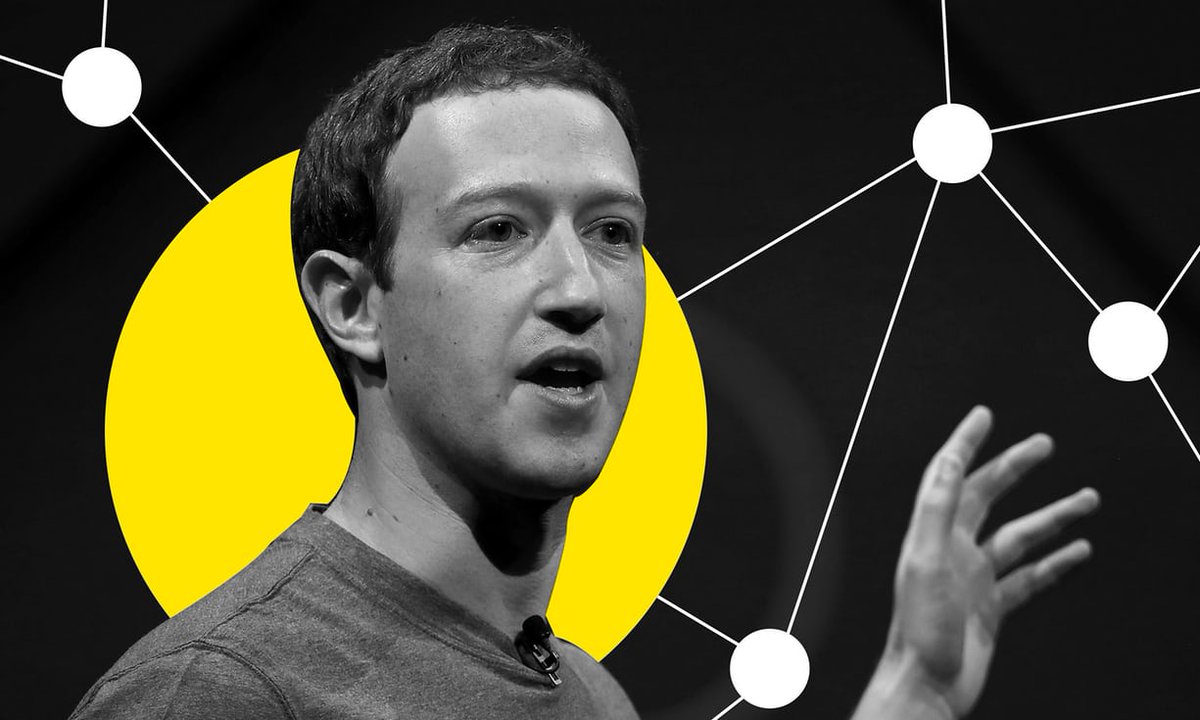It’s an important story that shows Facebook’s hostility to journalism about Facebook.
Let me explain. /1
propublica.org/article/facebo…
Why? Remember this story about Volkswagen? /3
bbc.com/news/business-…
It’s like Plato’s Cave. We can’t see the object of our study directly, so we study its shadows. Here, the shadows are the algorithmic outputs. /5
We’re still in negotiations with FB, but so far they’ve resisted our proposal. /7
nytimes.com/2018/08/07/us/…
gizmodo.com/keep-track-of-…
blog.mozilla.org/netpolicy/2018…
gizmodo.com/facebook-wante…
I don’t buy that, and you shouldn’t either. /12
The answers to these questions would help explain how much Facebook values the journalism it just obstructed. /15
FB has prevented *users* from automatically downloading ads shown to them and the explanations for why they’re seeing those ads. FB is limiting user control, not respecting some privacy decision made by users. /16
Based on our own conversations with FB, the concern seems to be that malicious actors will convince users to download malicious browser plug-ins. /17
And yet, ad scraping seems to be all that FB's recent change targets.
Why? /18
That’s not a commitment to transparency. That’s a commitment to controlling the narrative.
END THREAD








